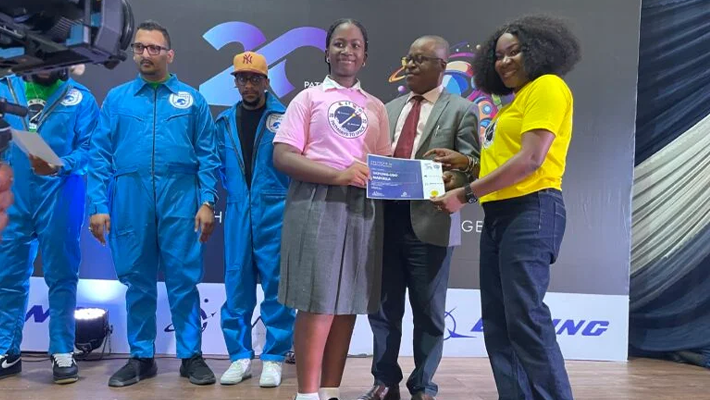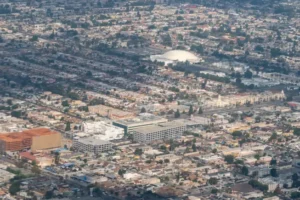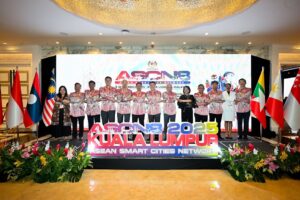Key Takeaways
- The National Space Research and Development Agency encourages schools to engage in space education for career development.
- The Pathway to Space Programme saw a significant increase in student participation, jumping from 70 to approximately 470 in 2024.
- Collaboration with global aerospace companies aims to provide resources for students to explore opportunities in the space sector.
NASRDA Advocates for Space Education Nationwide
The National Space Research and Development Agency (NASRDA) has urged school administrators across Nigeria to embrace space education as a means of preparing students for careers in space science and technology. This call to action was made by Matthew Adepoju, NASRDA’s director-general, during the second graduation ceremony of the Pathway to Space Programme, hosted by the Future African Space Explorers STEM Academy in Lugbe, Abuja.
Represented by Olayinka Fagbero, an assistant director at NASRDA, Adepoju highlighted the program’s goal to ignite interest in space education among African youth. The initiative, which included both physical and virtual components, attracted participants from Ethiopia, Kenya, and Nigeria. Beginning with its third edition, NASRDA will take a leading role in coordinating the program’s Nigerian student participation.
Adepoju expressed a desire to invite more schools to join the program, emphasizing that it would be beneficial for young people to explore opportunities in space science. “This is an opportunity for us to get them to be part of a programme that is designed to shape their career path,” he noted, with hopes of expanding participation significantly for the 2026 cohort.
FASESA country coordinator Olayinka Fagbero announced that the program saw an impressive surge in participation, with a total of around 470 students in 2024. Participation requires only internet access and a suitable device, which allows FASESA to target thousands of students nationwide. Fagbero is optimistic about building a broad community of future scientists and space explorers in Nigeria.
Sean Jacobs, executive director of FASESA, reiterated the initiative’s aim to integrate space exploration within African classrooms. He stated that collaborations with aerospace companies like Boeing, in conjunction with NASRDA, are providing the necessary resources and insights into viable career paths in the space sector. Jacobs emphasized the importance of students understanding that space careers extend beyond astronaut roles and include significant contributions to global space applications.
Jacobs also commended the potential of Nigerian students, noting their intelligence and enthusiasm for the subject. He encouraged the establishment of support networks involving governments, parents, and schools to further enhance student engagement in space education.
Christopher Akinsowan, principal of the hosting school, urged students to broaden their career perspectives, citing space science and technology as exciting fields. The event concluded with students receiving certificates of participation, marking their engagement in the program and inspiring their future endeavors in the realm of space exploration.
The content above is a summary. For more details, see the source article.















